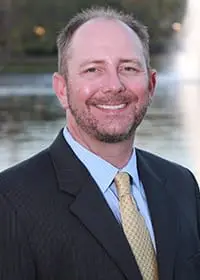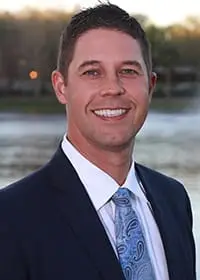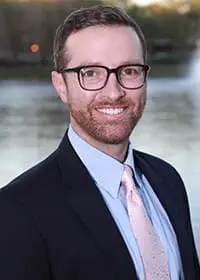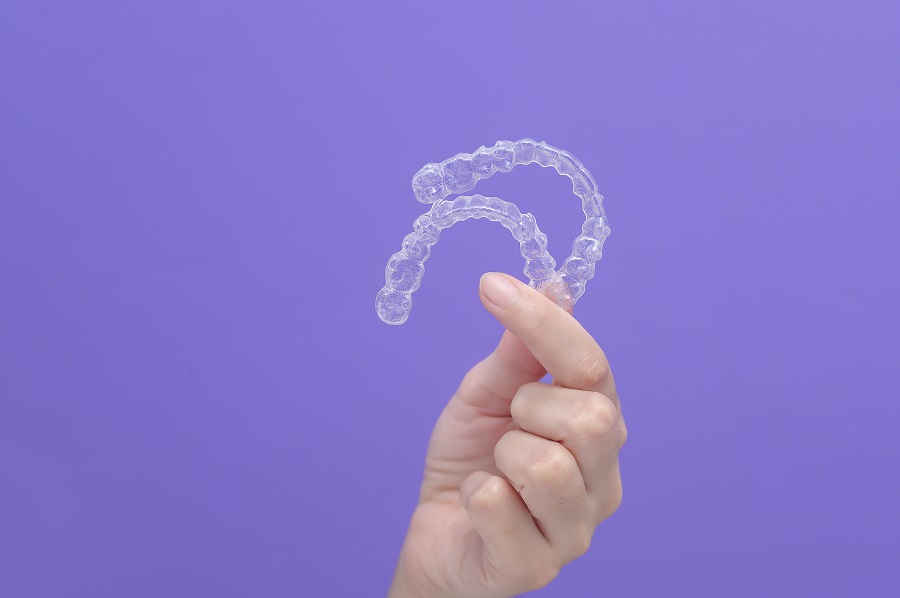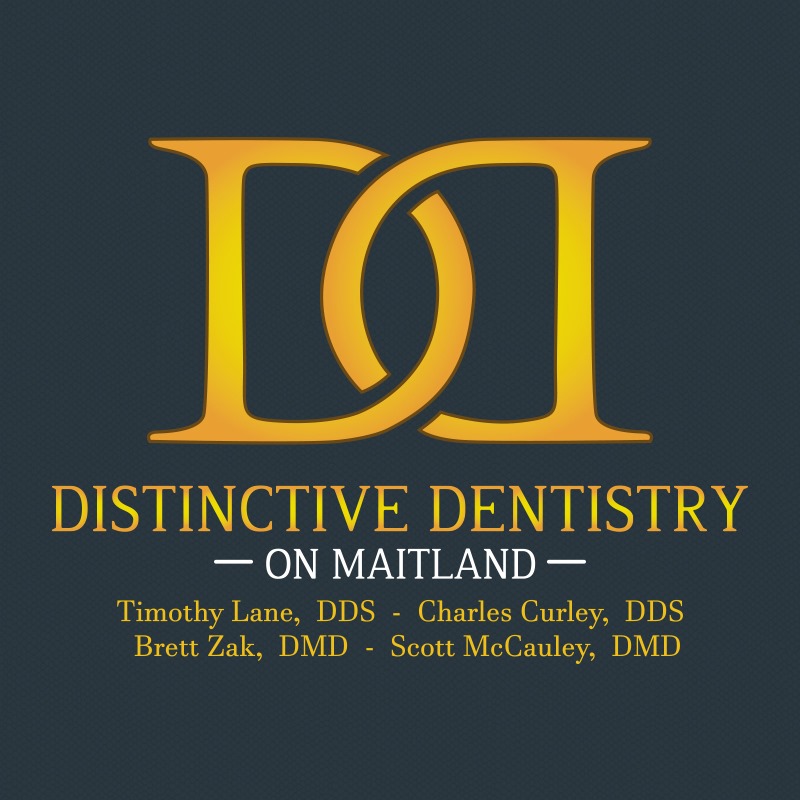Sleep apnea therapy
Posted by Timothy M. Lane Oct 03,2022
What is sleep apnea?
Sleep apnea is a potentially serious sleep disorder. It occurs when breathing is briefly and repeatedly interrupted during sleep. The most common form is obstructive sleep apnea (OSA), which occurs when the upper airway becomes blocked during sleep.
OSA affects up to 24 million Americans. Risk factors for OSA include being overweight or obese, a narrowed airway, or enlarged tonsils and adenoids. Snoring, gasping, and pauses in breathing while asleep are common symptoms of OSA.
How common is sleep apnea?
Sleep apnea affects as many as 22 million Americans. The condition is so common, in fact, that one in every five adults has obstructive sleep apnea.
What are the symptoms of sleep apnea?
The most common symptoms of sleep apnea are chronic snoring, fatigue, and excessive daytime sleepiness. In severe cases, people who suffer from sleep apnea can also experience depression, mood swings, and irritability.
The symptoms of sleep apnea are closely related to the symptoms of sleep deprivation. You may feel sleepy during the day and have trouble concentrating at work or at school. You may lack energy, feel fatigued, or gain weight. That’s why it’s so important to have sleep apnea treated as soon as possible.
What is sleep apnea therapy?
Sleep apnea therapy is a method of treating sleep apnea, which refers to temporary interruptions in breathing during sleep. These interruptions can happen hundreds of times each night, and often happen while the person is sleeping deeply.
Sleep apnea therapy treats sleep apnea by addressing the underlying cause of sleep apnea, such as obesity or allergies. Therapy often includes an airway or breathing device that helps to keep the airways open while sleeping.
Treatment for sleep apnea
There are different types of treatment for sleep apnea. If you are suffering from sleep apnea, then your dentist can recommend the right treatment for you.
1. Oral appliance. One of the most common treatments for sleep apnea is a mouthguard that repositions the jaw. This can greatly relieve the symptoms of sleep apnea.
2. Weight loss. A healthy diet and regular exercise can help you lose weight, which can also relieve the symptoms of sleep apnea.
Types of sleep apnea therapy
The most common type of sleep apnea therapy is a continuous positive airway pressure (CPAP) machine. CPAP machines work by using a mask that covers the nose or nose and mouth. The mask is connected to a machine that provides constant air pressure. This air pressure keeps your airways open and prevents them from collapsing.
CPAP therapy
CPAP stands for “continuous positive airway pressure.” This therapy involves wearing a mask that blows air into your airway to keep it from collapsing when you sleep. This treatment helps many people with sleep apnea get a better night’s sleep. Your doctor may recommend this therapy if you are overweight, have severe sleep apnea, or don’t tolerate surgery well.
Oral appliance therapy
Several types of oral appliances are available to treat sleep apnea. The type used will depend on several factors, including:
- The size of the jaw
- The severity of the sleep apnea
- The preference of the patient
The oral appliance works by repositioning the lower jaw and tongue forward slightly, which opens up the airway and prevents the tongue from collapsing into the throat.
Surgery for
Surgery may be recommended if sleep apnea is severe enough and other methods have failed. Surgery usually involves removal of tissue from the mouth, parts of the soft palate, or the tongue. This procedure is called a uvulopalatopharyngoplasty, or UPPP. In some cases, sleep apnea is caused by an obstruction of the nasal cavity, so surgery can correct this as well. Other surgical options include procedures that reposition the jaw or the tongue.
More Blog Posts
Office Hours
MON - TUE7:00 am - 3:00 pm
WED7:00 am - 5:00 pm
THU7:00 am - 3:00 pm
FRI8:00 am - 12:00 pm
SAT - SUNClosed

